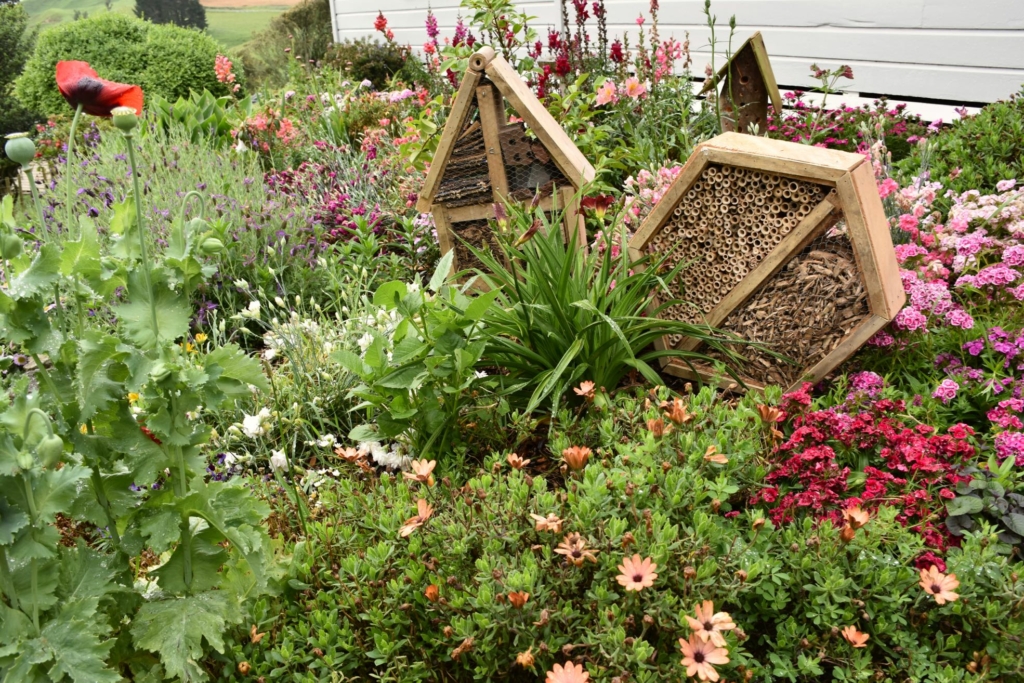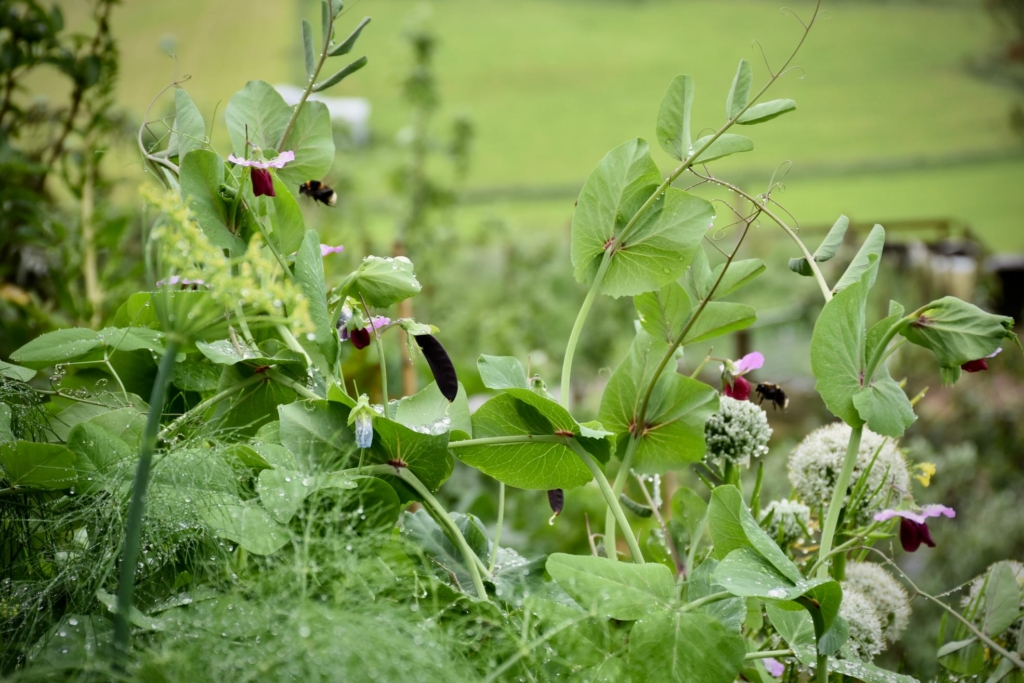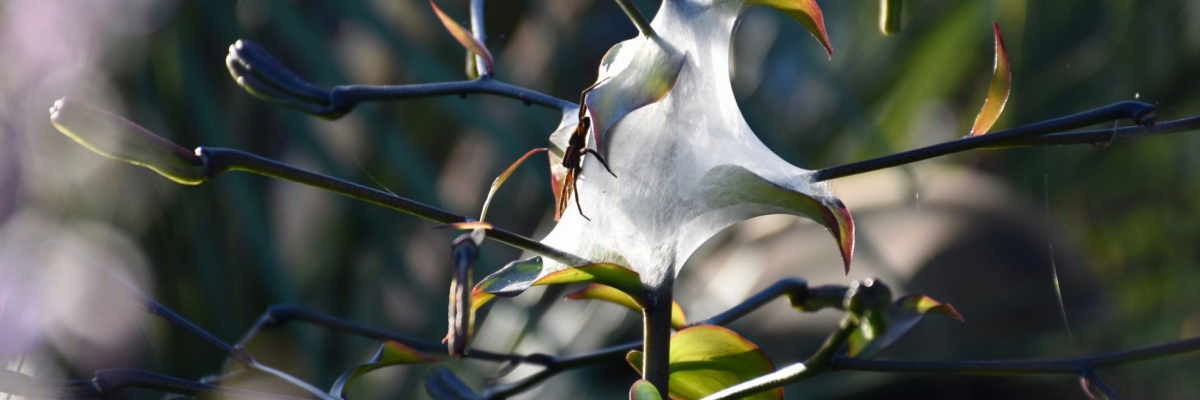For more and more gardeners these days, the practice of gardening is not simply about creating spaces and food for humans to enjoy, it’s about creating and protecting habitats for the other life forms we share our spaces with – especially our native birds, reptiles and invertebrates.
As in life, it’s so easy to get bound up with details in the garden – the never-ending ‘to do list’, styles and plant trends, current failures and successes of individual plants or crops – but take a step back, and see how priorities shift when we view our gardens as ecosystems.
Take another step back and think about all the gardens in your neighbourhood, in your city, in this country, around the world – through this lens it’s easy to see how the decisions we make as gardeners can have wide repercussions, globally.
With this perspective shift, suddenly being a gardener feels like a very powerful position. If we were all to make small adjustments to our expectations, our choices and our practices, collectively we can have a huge positive impact on the bio diversity in our gardens, and beyond.
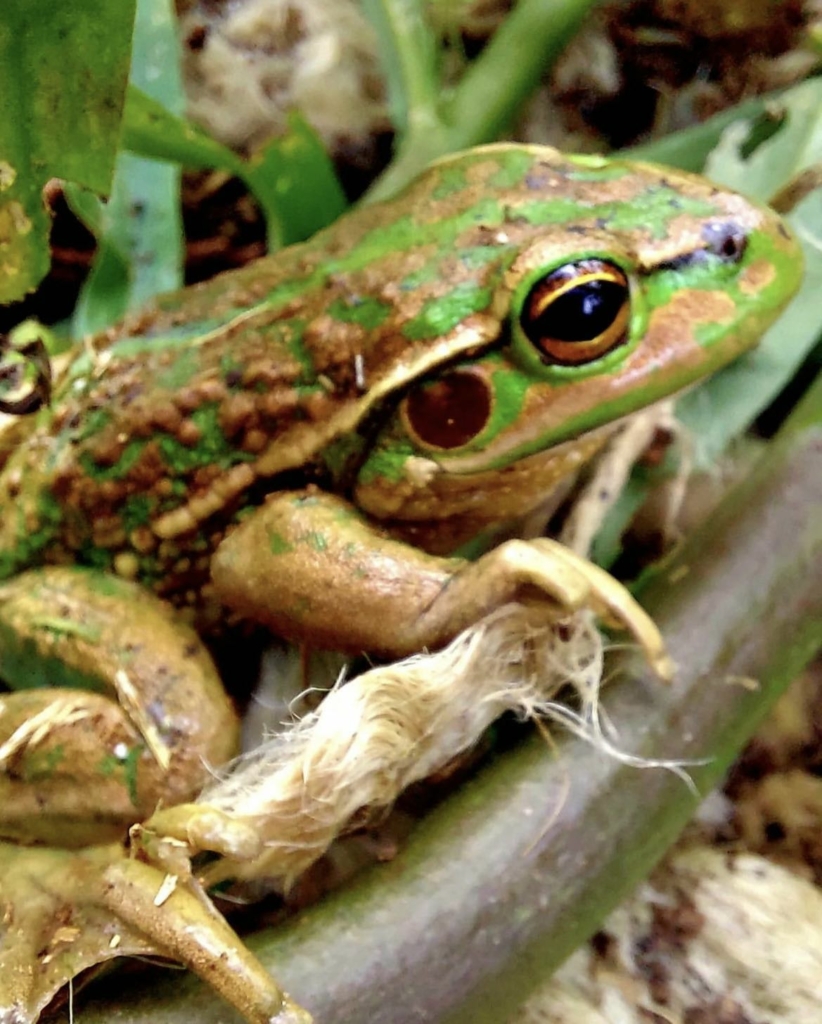
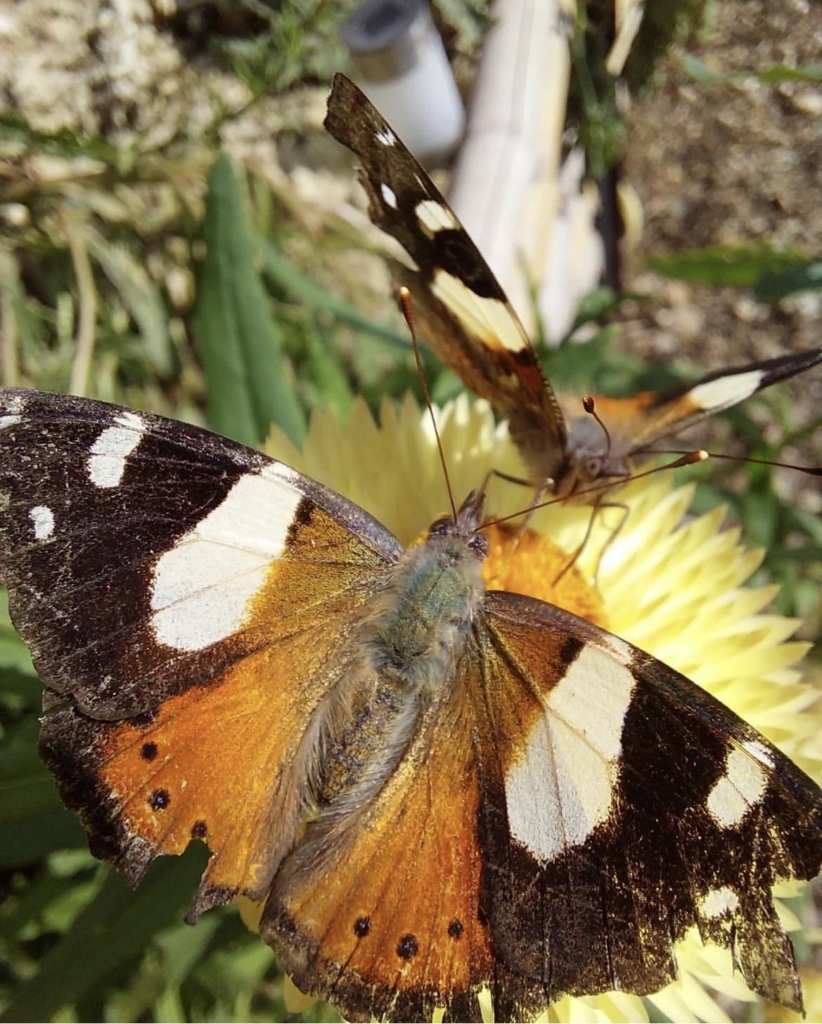
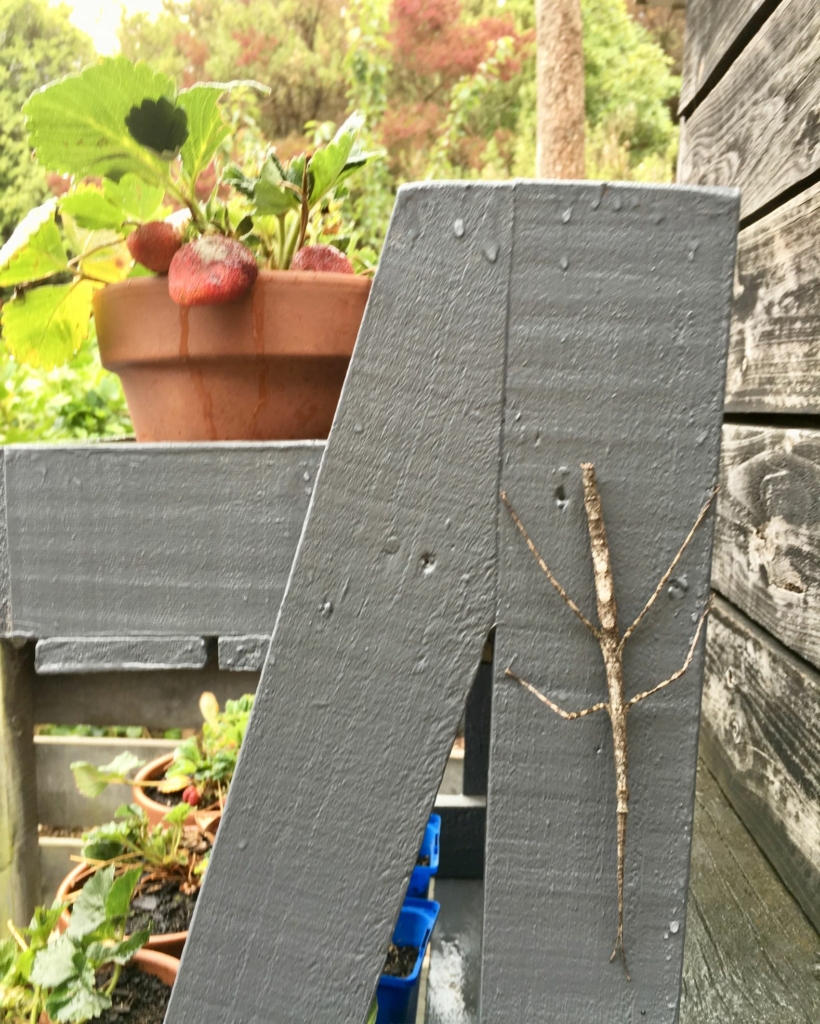
Here are a few of the tips I’ve picked up from other gardeners, for improving biodiversity in your garden, and in your community.
Protecting and creating habitats
Consider reducing lawn areas, or within your lawn, leave some areas unmown.
There’s not much life on a paved patio – think twice before adding more hard surfaces to your landscape.
Chop and drop your non-invasive weeds and prunings. We can all afford to be a little less tidy – leaf litter and rotting stumps are thriving ecosystems in their own right, and will also provide food and shelter for insects and lizards.
Build your own insect hotel … or enlist a child to make one for you. A great school holidays activity!
Consider habitat when making plant choices. Here in Aotearoa we have a fascinating range of native divaricating plants which provide important habitats for skinks and geckos – as well as berries.
Take time to observe the life that revolves around a single tree, and factor this in when making decisions about felling or topping.
Be a rebel – plant your berm!
Providing food sources
When deciding what to plant in your garden, take time to learn about the diet of our native birds, reptiles and insects, and make this part of your decision making,
Also consider what fruits when, and how you might provide a diverse range of food sources throughout the year.
Don’t be in a hurry to ‘clean up’ vegetables or flowers that are ‘going to seed’.
Those in the know are encouraging us to move away from syrup feeders, and to think instead about plants that will provide a source of nectar for birds naturally.
Pest control & ‘pest’ control
It’s time to get over our squeamishness, all New Zealanders have a role to play in controlling invasive pests – mice, rates, possums, stoats, hedgehogs and feral cats. Take advantage of all the great advice online, and information and resources available through local Predator Free 2050 initiatives.
If you must have a cat, keep it inside at night.
When it comes to other ‘pests’ in the gardens, take pause. Insect life is a crucial part of the intricate ecosystem in your garden. Think twice before using pesticides or slug bait – if insects become a problem, consider covering the affected crops, planting ‘sacrificial crops’ as decoys, or manually removing pests and their eggs.
Connectivity
Many of our native birds can’t fly long distances but by planting strategically we can create ‘food corridors’ that expand their territories.
Lobby to protect the public green spaces in your neighbourhood.
Connect with fellow gardeners in your community, to share knowledge, skills and resources.
Pot up any excess plants and collect seeds in autumn. They make great gifts and by giving them away you’ll be helping to spread biodiversity far and wide.
